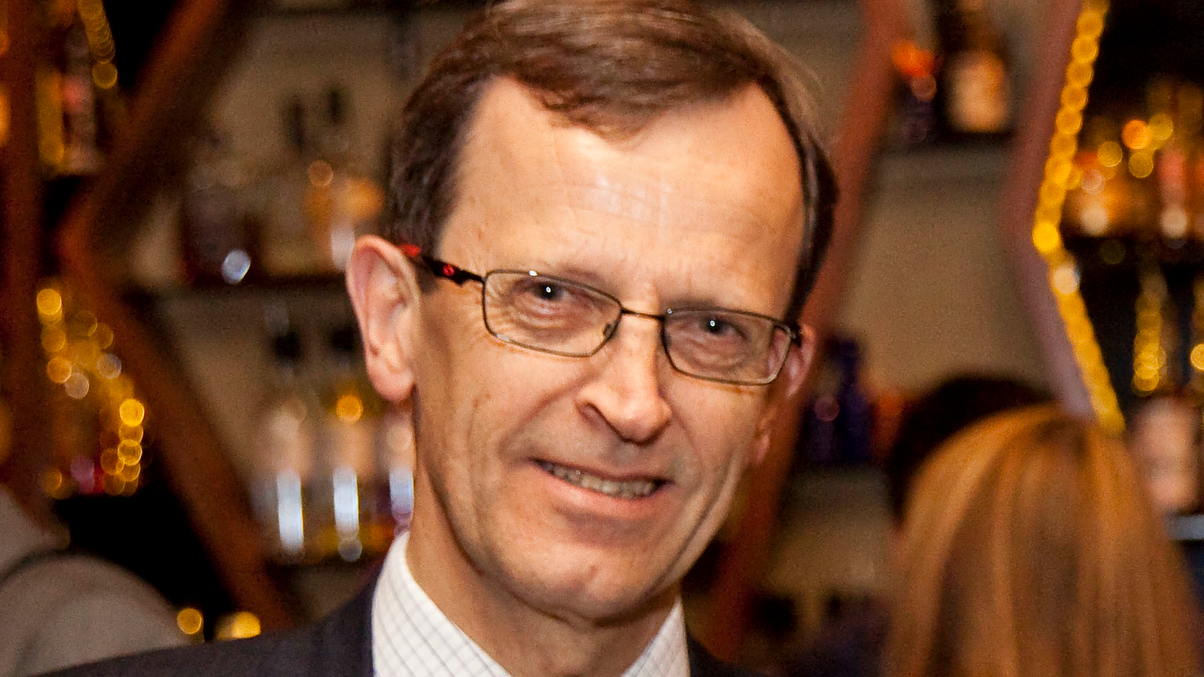HSBC loses sub-custody chief amid reorganisation
Colin Brooks, HSBC Securities Services' head of sub-custody, has left the bank. He has been replaced by two global heads who will jointly run the reorganised investor and asset services business.

HSBC Securities Services’ global head of sub-custody has left the bank, which comes amid a reorganisation of its investor and asset services business.
Sign in to read on!
Registered users get 2 free articles in 30 days.
Subscribers have full unlimited access to AsianInvestor
Not signed up? New users get 2 free articles per month, plus a 7-day unlimited free trial.
¬ Haymarket Media Limited. All rights reserved.


